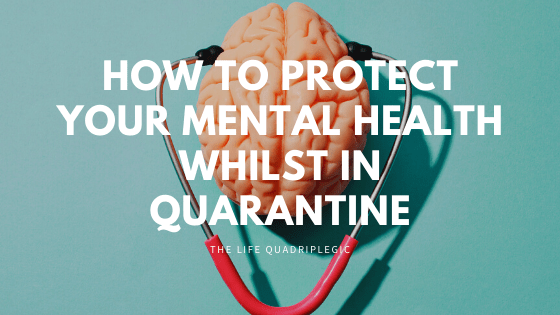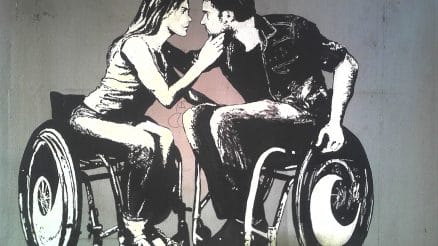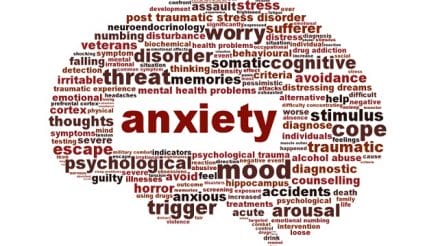Last Updated on 24/05/2020 by Alex Squire
Being in quarantine could lead to several mental health problems like anxiety or depression. So it’s essential to do things to try and improve your mental health during this time. There are many things that you could do to try and to keep your spirits up. Below I have made a few suggestions which should help.
-
Meditation

Scientific studies have shown that meditation can improve your health in many ways, including reducing stress, strengthening the immune system, and increasing empathy, to name a few. Focusing on the present moment rather than worrying about the future or the past can help reduce worry and anxiety. Headspace is a great app that you can use to do lots of guided meditations.
I have been meditating for many years now, and I find it helps me to relax. I meditate for 20 minutes, twice a day, but even 10 minutes a day can be beneficial. I use headspace myself, and I recommend it if you want to try meditation.
-
Limit the News

If you watch too much of the news, then it could make you more anxious. It does for me, so I have started to limit the amount of news that I watch or read. I will check the main stories in the morning and maybe in the evening, but I don’t need to keep checking it throughout the day. It’s important to stay up-to-date with the latest recommendations from the government, but it’s easy to get overwhelmed with all the negativity. Take it in small doses. Also, try to get your news from reliable sources like those on this list.
There is also a lot of misinformation flying around on social media which can be unhelpful at best and dangerous at worst. Organisations like Full Fact, the UK’s independent fact-checking charity, regularly check the truth of posts on social media and claims from politicians. It can help you separate fact from fiction.
If you need a dose of good news (and let’s face it we all do), I recommend subscribing to The Happy Newspaper, which is packed full of good news stories and bright colours.
-
Stay in Contact with Family and Friends

Now that we all have to stay indoors, social apps like Skype, Zoom, or WhatsApp will probably be used more than ever. It’s good to keep in contact with family and friends, not just for your own mental health but also theirs. Lots of people will be feeling lonely right now, so it’s better for us to be lonely together (figuratively speaking). Studies have shown that social contact is vital for happiness and health, so make sure you check up on those you care about. Maybe you could also take some time to phone vulnerable people in your community who may be feeling particularly alone or frightened at the moment.
The Campaign Against Living Miserably has a helpline which you can call if you are feeling down and need to talk to someone. The helpline is available from 5 PM to midnight 365 days a year. They also have a webchat available at the same times on their website.
-
Keep yourself busy

Photo by Renato Abati on Pexels.com
Boredom can be a big problem during quarantine, so try and find lots of interesting things to do. Keeping yourself busy can be a good distraction, and so you might not have time to worry about anything other than the task in hand. I’ve been doing some free online courses on Future Learn, which I recommend. There are lots of different topics of courses, so you are bound to find something interesting to learn about. You can also do virtual tours of museums from around the world on the Google arts and culture app. I like reading novels and watching documentaries and movies on Netflix and Amazon Prime Video.
-
Do some exercise, if you can

Exercise has so many health benefits like reducing stress, improving your cardiovascular system, and improving your immune system. Obviously, if you have a disability, then you might not be able to do much exercise if any. As a quadriplegic, the only exercise I tend to do is on my exercise bike. It mostly moves my arms and legs passively using a motor, but I’m trying to increase the amount of time I do it actively. But whatever exercise you can do is helpful, something is better than nothing.
I wrote a post about the benefits of exercise for disabled people before if you are interested. It includes a useful infographic which I came across.










